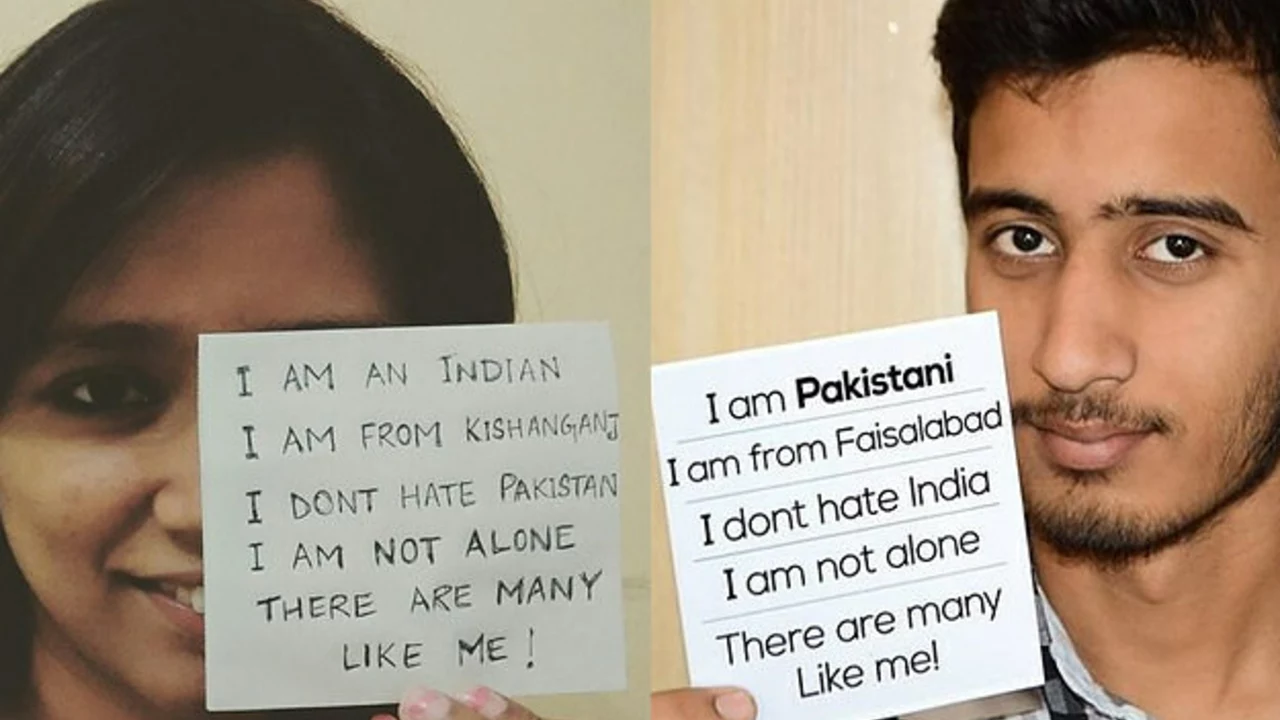Hate: how it spreads and what readers should do
Hate moves faster than facts. One angry post, one sensational headline, one viral video — and suddenly a whole community is blamed. On News Mania India we cover stories that trigger strong reactions: political rows, court verdicts, protests and even celebrity scandals. Those headlines can light a fuse. Knowing how hate spreads helps you spot it and stop it.
Why hate catches on
Humans react to emotion, not nuance. Content that makes people scared, angry, or proud gets shared more. Social media algorithms reward engagement, so outrage gets pushed into feeds. In India, topics like politics, religion, and identity are especially charged — a protest story or a controversial verdict can turn into weeks of online abuse. Add poor context, misleading captions, or old footage presented as new, and the situation can get ugly fast.
Hate also feeds on echo chambers. If your timeline is full of the same view, opposing voices sound distant and wrong. That makes it easy to dehumanize people on the other side. Sometimes public figures or sensational reports sharpen those divides, and the result is threats, mob mentality, or harassment offline.
What you can do right now
Stop before you share. Ask: Who made this? Is the claim recent? Would I forward this to a close family member? A simple pause prevents many false or hateful posts from spreading.
Verify using trusted sources. If a headline sounds extreme, check for official statements, court records, or reporting from reliable outlets. When details don’t match, treat the content as unverified. On social platforms use the built-in report tools — they matter. Report hate speech, threats, or targeted harassment so moderators can act.
If you face or see harassment, document it. Take screenshots, note dates and user names, and keep links. In India you can approach platform grievance officers, file complaints with cyber cells, or contact local police if threats are real. Legal steps can feel slow, but they create a record and sometimes stop repeat offenders.
Speak up carefully. Calling out hate helps, but public arguments can escalate. Use facts, cite trustworthy sources, and avoid name-calling. A calm correction posted where the falsehood appeared often works better than a public takedown that fans the flames.
Finally, protect your mental space. Constant exposure to hateful content wears you down. Mute, unfollow, or take short breaks from platforms when needed. Support networks — friends, community groups, or moderators — can help keep the conversation healthy.
News Mania India will keep reporting on stories that matter and on how communities react. If a report or verdict triggers anger, remember: you can choose whether to be part of the spread or part of the solution.
Do majority of Pakistanis hate Indians?
After delving into the topic "Do majority of Pakistanis hate Indians?", it's clear that it's a misconception to say that majority of Pakistanis hate Indians. This notion is largely fueled by political tensions and historical conflicts. Many Pakistanis and Indians share similar cultures, languages and histories, and have positive feelings towards each other. However, the media often highlights the negative aspects, causing a skewed perception. In reality, it's only a small fraction on both sides that harbor such sentiments, which shouldn't be generalized for all.
Read More